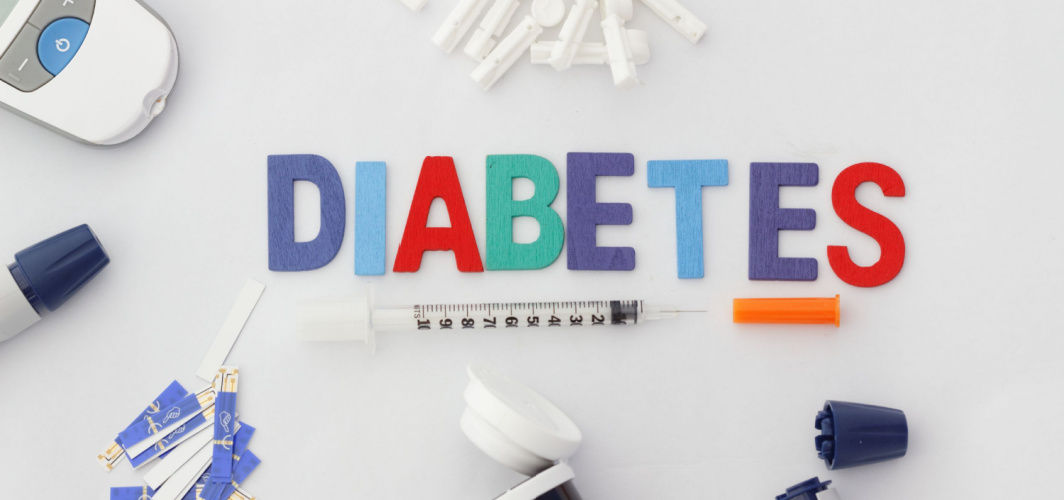Diabetes Management
Which Age Group is the Most Susceptible to Diabetes?
2 min read
By Apollo 24|7, Published on - 29 September 2023, Updated on - 22 February 2024
Share this article
0
0 like

Diabetes, a chronic metabolic disorder characterized by high blood sugar levels, affects people of various age groups. However, there is a definite relationship between a person’s age and diabetes susceptibility. In this article, we will explore which age group is the most susceptible to diabetes and the factors contributing to this vulnerability.
Type 1 Diabetes in Children and Adolescents
Type 1 diabetes is often diagnosed in childhood or adolescence, although it can occur at a later age as well. It results from an autoimmune response that destroys insulin-producing cells in the pancreas. While it is not preventable, advancements in insulin therapy have improved the management of type 1 diabetes.
Type 2 Diabetes in Middle and Older Age
Type 2 diabetes, the most common form, is strongly associated with increasing age. The risk of developing type 2 diabetes tends to rise significantly after the age of 45. Factors such as a sedentary lifestyle, excess weight leading to overweight & obesity, and genetic predisposition contribute to this susceptibility.
Gestational Diabetes During Pregnancy
During pregnancy, older women who are over the age of 25 are more likely to develop gestational diabetes. It is essential to closely monitor and manage this condition to ensure the well-being of both the mother and the baby.
Factors Influencing Age-Related Susceptibility:
- Physical Activity: As people age, they often become less physically active, which can contribute to insulin resistance and weight gain.
- Body Composition: Age-related changes in body composition, such as an increase in visceral fat, can increase insulin resistance.
- Metabolic Changes: Aging is associated with metabolic changes, including reduced insulin sensitivity and a decline in pancreatic function.
- Genetic Factors: Family history and genetic predisposition can increase the risk of diabetes at any age.
Prevention and Management of Diabetes
Regardless of age, early detection and management of diabetes are essential. Regular health check-ups, blood sugar monitoring, a balanced diet, physical activity, and medication, if necessary, are key components of diabetes prevention and management. Older adults may need a different approach to diabetes management due to potential co-existing health conditions.
Conclusion
Diabetes susceptibility varies with age. Type 1 diabetes often manifests in childhood or adolescence, while type 2 diabetes is more common in middle-aged and older individuals. Though gestational diabetes is seen in each maternal age group, there is a steady rise in risk with increasing maternal age. Understanding these age-related risk factors is crucial for early intervention, prevention, and effective diabetes management. Regardless of age, a proactive approach to health and diabetes awareness can help individuals lead healthier lives.
Diabetes Management
Consult Top Diabetologists
View AllLeave Comment
Recommended for you
_0.jpg?tr=q-80)
Diabetes Management
Balancing Diabetes and Nutrition: The Power of Superfoods
Diabetes management can be powered by a diet rich in superfoods. From beans to berries and fish to nuts these nutrient-dense foods can help control your blood sugar levels while providing vital nutrients to your body. But remember, these superfoods should complement a well-balanced diet and regular exercise routine for optimum diabetes management.

Diabetes Management
How Stress Influences Blood Sugar Levels: Crucial Insights
Stress can influence blood sugar levels, especially in individuals with diabetes. The body's response to stress involves releasing hormones that can disrupt insulin function, leading to higher blood sugar. Regular exercise, healthy eating habits, sufficient sleep, and stress management techniques are crucial for maintaining balanced blood sugar levels and managing diabetes effectively.
.jpg?tr=q-80)
Diabetes Management
Enhancing Mood and Well-being with Nutrients and Foods
Managing diabetes doesn't stop at controlling blood sugar. It's also about overall well-being, and food plays a crucial role in this. Incorporating mood-enhancing foods into your diet can help regulate mood and better manage diabetes. Conversely, limiting intake of sugars and refined carbohydrates can prevent mood swings and fatigue. Taking a holistic approach to nutrition may prove beneficial to overall diabetes management.
Subscribe
Sign up for our free Health Library Daily Newsletter
Get doctor-approved health tips, news, and more.
Visual Stories

8 Fruits That are Incredibly Healthy for Diabetes
Tap to continue exploring
Recommended for you
_0.jpg?tr=q-80)
Diabetes Management
Balancing Diabetes and Nutrition: The Power of Superfoods
Diabetes management can be powered by a diet rich in superfoods. From beans to berries and fish to nuts these nutrient-dense foods can help control your blood sugar levels while providing vital nutrients to your body. But remember, these superfoods should complement a well-balanced diet and regular exercise routine for optimum diabetes management.

Diabetes Management
How Stress Influences Blood Sugar Levels: Crucial Insights
Stress can influence blood sugar levels, especially in individuals with diabetes. The body's response to stress involves releasing hormones that can disrupt insulin function, leading to higher blood sugar. Regular exercise, healthy eating habits, sufficient sleep, and stress management techniques are crucial for maintaining balanced blood sugar levels and managing diabetes effectively.
.jpg?tr=q-80)
Diabetes Management
Enhancing Mood and Well-being with Nutrients and Foods
Managing diabetes doesn't stop at controlling blood sugar. It's also about overall well-being, and food plays a crucial role in this. Incorporating mood-enhancing foods into your diet can help regulate mood and better manage diabetes. Conversely, limiting intake of sugars and refined carbohydrates can prevent mood swings and fatigue. Taking a holistic approach to nutrition may prove beneficial to overall diabetes management.

